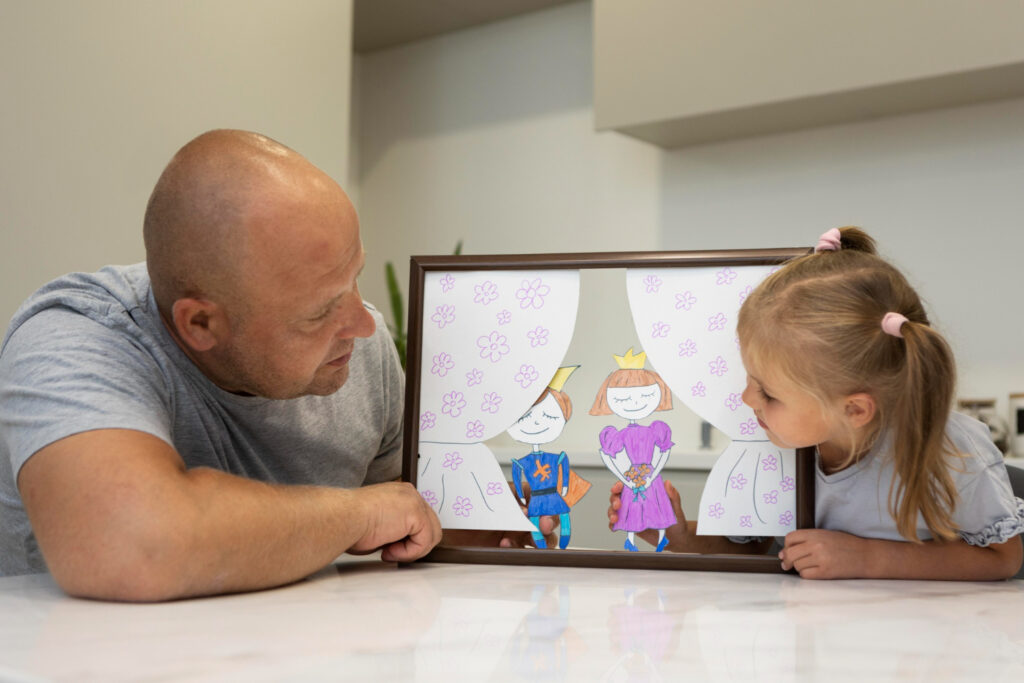Navigating the school system for a child on the autism spectrum can be a challenging journey for parents and caregivers. The right support and accommodations can make a significant difference in your child’s educational experience, helping them thrive academically and socially. At HOPE Centre for Autism, we are dedicated to providing guidance and resources to families to ensure that children with autism receive the education and support they need.
Understanding Your Child’s Rights
One of the first steps in navigating the school system is understanding your child’s rights under the law. In many countries, including the United States, children with autism are entitled to a free and appropriate public education (FAPE) under the Individuals with Disabilities Education Act (IDEA). This means that schools are required to provide special education services and accommodations tailored to your child’s unique needs.
Creating an Individualized Education Plan (IEP)
An Individualized Education Plan (IEP) is a legally binding document that outlines the specific educational goals, services, and accommodations your child will receive. The IEP is developed by a team that includes you, your child’s teachers, school administrators, and other professionals.
- Key Components of an IEP: The IEP should include your child’s current level of performance, specific educational goals, the services and supports your child will receive (such as speech therapy or occupational therapy), and how their progress will be measured.
- Your Role in the IEP Process: As a parent, you are a crucial advocate for your child. It’s important to be actively involved in the IEP process, ensuring that the plan truly reflects your child’s needs and goals.
At HOPE Centre for Autism, we can provide support during the IEP process, helping you understand the details and advocate for the best possible outcomes for your child.
Understanding and Accessing Support Services
Children on the autism spectrum often require additional support to succeed in a school environment. These support services can include speech therapy, occupational therapy, behavioral support, and social skills training.
- How to Access Services: These services are typically provided through the school as part of your child’s IEP. If you feel that your child needs additional support, don’t hesitate to request a meeting to discuss these needs with the IEP team.
- The Role of Outside Support: In addition to school-based services, your child may benefit from outside therapies or programs. At HOPE Centre for Autism, we offer a range of therapeutic services that can complement the support your child receives at school.
Choosing the Right Educational Environment
Finding the right educational environment is crucial for your child’s success. Depending on your child’s needs, they may thrive in a mainstream classroom, a special education classroom, or a combination of both.
- Mainstream vs. Special Education: Some children with autism do well in mainstream classrooms with the support of an aide or accommodations, while others may benefit from the specialized instruction offered in special education settings.
- Inclusive Education: Many schools offer inclusive education programs where children with and without disabilities learn together. These environments can promote social interaction and provide opportunities for all students to learn from each other.
Communicating with Teachers and School Staff
Effective communication with your child’s teachers and school staff is essential. Building a positive relationship with your child’s educators can help ensure that they are aware of your child’s needs and are equipped to provide the necessary support.
- Regular Communication: Schedule regular meetings with your child’s teacher to discuss their progress and any concerns. Email updates or a communication notebook can also be helpful for keeping track of daily developments.
- Advocating for Your Child: Don’t be afraid to speak up if you feel that your child’s needs are not being met. You are your child’s best advocate, and your insights are invaluable in helping the school provide appropriate support.
Preparing Your Child for School Transitions
Transitions, such as moving to a new school or changing grade levels, can be particularly challenging for children with autism. Preparing your child in advance can help ease the anxiety associated with these changes.
- Visit the New School: Arrange for visits to the new school or classroom before the transition occurs. This will help your child become familiar with the new environment and meet teachers and classmates.
- Social Stories: Using social stories to explain what will happen during the transition can help your child understand and feel more comfortable with the change.
At HOPE Centre for Autism, we offer resources and strategies to help families navigate these transitions smoothly, ensuring that your child feels supported and prepared.
The Importance of Social Integration
Social interaction is a key area of development for children with autism. Schools provide a valuable opportunity for children to practice and develop their social skills.
- Social Skills Groups: Many schools offer social skills groups where children can learn and practice social interactions in a structured environment. If your school doesn’t offer this, consider suggesting it as part of your child’s IEP.
- Encouraging Peer Interaction: Encourage your child to participate in group activities or clubs that align with their interests. This can provide natural opportunities for social interaction.
Conclusion
Navigating the school system with a child on the autism spectrum can be a complex and sometimes overwhelming process. However, with the right knowledge, support, and advocacy, you can ensure that your child receives the education and services they need to thrive. At HOPE Centre for Autism, we are here to support you every step of the way, offering resources, guidance, and therapies that complement your child’s educational experience. Together, we can help your child achieve their full potential in school and beyond. For more information or to schedule a consultation, contact HOPE Centre for Autism today.
